10 Oct On This Day in UB History: October 10 (Bishop Corydon Wood)
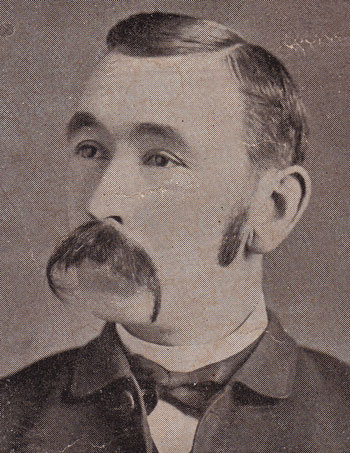
Bishop Corydon Wood
On October 10, 1924, Bishop Corydon Wood passed away…in Jackson State Prison, where he had been incarcerated for over a year. It’s a sad story.
Corydon L. Wood was one of the three new bishops elected in 1905. He had been a United Brethren minister in Michigan since 1878, and was among the 14 delegates to the 1889 General Conference who walked out with Milton Wright.
In United Brethren Bishops from 1889-1997, Kevin Cherry described Wood as a “paradoxical bishop.” He was gifted in many ways — preacher, writer, parliamentarian — and became a strong advocate for many causes: pastors’ salaries, missions, Huntington College, evangelistic meetings. Bishop Clyde Meadow recalled the support and generosity he received from Wood as a ministerial student.
But Bishop Wood wrestled with some inner demons.
While presiding at White River Annual Conference (Indiana) in 1920, Bishop Wood was asked to leave the conference immediately. He had been accused of immoral acts involving young boys. He went to the house where he was staying and found his packed bags sitting on the porch. The next month, Wood’s home conference, North Michigan, suspended him for a year. Conference records said he had “confessed his faults along the line of complaints made” and had asked forgiveness. The word “faults,” of course, is a serious understatement.
Today, it seems incredible that the Church would deal internally with this criminal offense But that was a different time in American society.
In 1923, Corydon Wood was arrested for molesting boys in a park and given a sentence of up to five years for crimes against five boys who had come under his influence. A newspaper reported that if he hadn’t been arrested, he might have been lynched.
Wood entered Jackson State prison on July 24, 1923, and died there 15 months later at age 72.

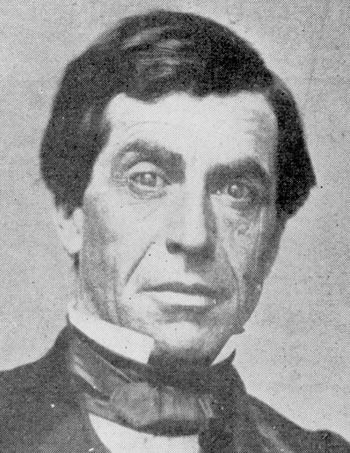
 You can order most of your materials directly from manufacturers. Jane Seely (right), our Church Resources Manager, has sent customers a list of suppliers along with contact information.
You can order most of your materials directly from manufacturers. Jane Seely (right), our Church Resources Manager, has sent customers a list of suppliers along with contact information.
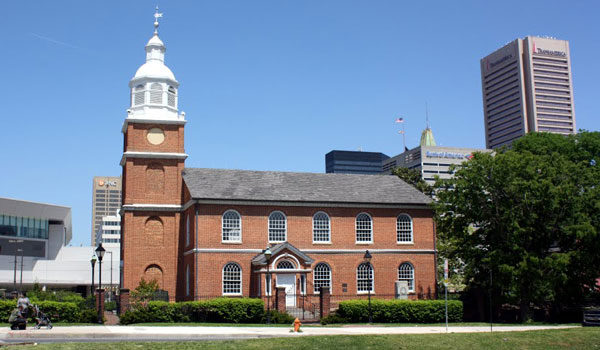
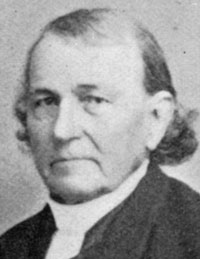
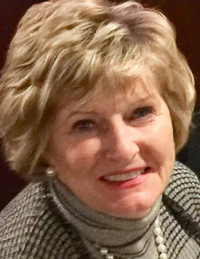 On October 4, 2013, Dr. Sherilyn Emberton was inaugurated as president of Huntington University. She was the first woman president in the school’s history. The installation was conducted by Ms. Kelly Savage, chairperson of the HU Board of Trustees since 2010–the first woman to chair the board.
On October 4, 2013, Dr. Sherilyn Emberton was inaugurated as president of Huntington University. She was the first woman president in the school’s history. The installation was conducted by Ms. Kelly Savage, chairperson of the HU Board of Trustees since 2010–the first woman to chair the board.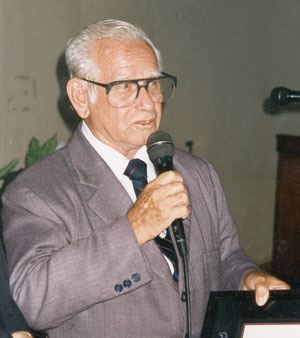 Archie Cameron (right), a missionary pioneer with the United Brethren church, passed away on September 29, 2005. He was He was 87 years old. His death occurred at the hospital in La Ceiba, Honduras. Archie had lived in Honduras since 1952, and had led the work there up through 1985.
Archie Cameron (right), a missionary pioneer with the United Brethren church, passed away on September 29, 2005. He was He was 87 years old. His death occurred at the hospital in La Ceiba, Honduras. Archie had lived in Honduras since 1952, and had led the work there up through 1985.